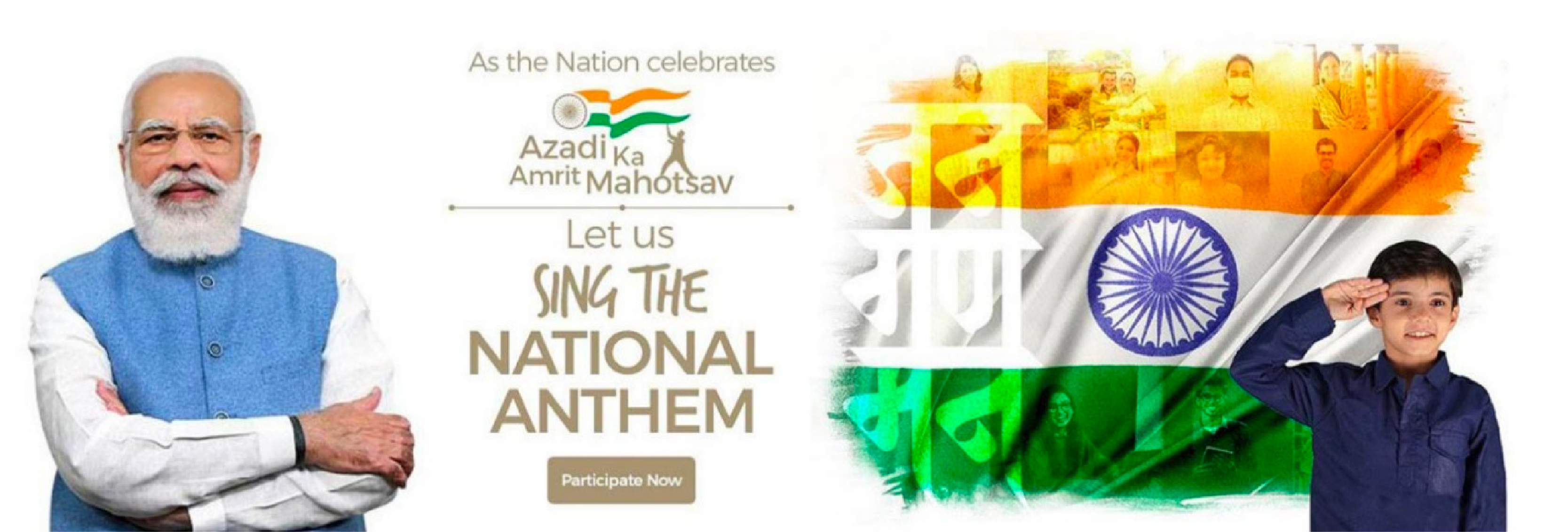July-September 2016
India today has a labour force of about 482 million, of which nearly 263 million are agricultural labourers (55%). It is estimated that only 2.3 % of the workforce in India has undergone formal skill training as compared to 68% in the United Kingdom, 75% in Germany, 52% in United States of America, 80% in Japan and 96% in South Korea. Further, large sections of the educated workforce do have little update on job skills, making them largely unemployable. Besides, trained manpower also need regular skill up-gradation to exist and remain globally competitive. Therefore, the country must focus on identification of training requirements and scale-up skill training efforts to meet the demands of employers and to boost economic growth.
Demographically, India is one of the youngest nations in the world, with over 54% of the total population below 25 years of age and over 62% of the population in the working age group (15 to 59 years). The country's population pyramid is expected to bulge across the 15 to 59 year age group over the next decade. It is further estimated that the average age of the population in India by 2020 A.D. will be 29 years as against 40 years in the United States of America, 46 years in the Europe and 47 years in Japan (National Higher Education Mission, Ministry of Human Resource Development, 2013). In fact, during the next 20 years, the labour force in the industrialized world is expected to decline by 4%, while in India it is projected to increase by 32%. This poses a formidable challenge, but also provides a huge opportunity. To reap this demographic dividend which is expected to last for next 24 years, India needs to equip its workforce with employable skills and knowledge to contribute substantively in the economic growth of the country.
Nonetheless, the major mandate set is that apart from meeting our own demand, India's potential to provide skilled workforce to the ageing developed world needs to be realized. In this direction, the Indian Government has launched the 'Pt. Deen Dayal Upadhyay Skill India' Mission. All the government programmes have been aligned to achieve the goals of this mission. To coordinate these activities, the Government has established a new 'Ministry of Skill Development and Entrepreneurship' in 2014 and the National Policy for Skill Development and Entrepreneurship has been enabled in 2015 to meet the growing challenges of skilling at scale with speed, standard and sustainability.
In realistic terms, agriculture and allied sectors in India employ about 119 million people as cultivators and 144 million as agricultural labour (Census, 2011). As an agricultural nation, it is time that we attract youth in agricultural sector right from farming, processing and value addition, marketing and banking by providing them livelihood avenues. Today agriculture is facing challenges like detraction from agriculture avocation. To address this, the Agriculture Skill Council of India (ASCI) is working towards building capacity in the agriculture Industry and bridge the gap between laboratories and farms. To this effect the contribution of the Indian Council of Agricultural Research is immense, as it directly links research results with the farm households through transfer of technology, front- line demonstration, farmer-scientist interaction and capacity building through Krishi Vigyan Kendras (KVKs).
Agri-skill development in the country among other initiatives is also being undertaken through various agricultural universities and other educational institutions for mid-management areas and through ICAR's 645 Krishi Vigyan Kendras (KVKs) for skilling farmers/farm-women/rural youth and grassroot level extension personnel in different aspects of agricultural production systems based on the principle of 'learning by doing and practising'. Moreover, the courses are flexible and customized as well to cope with the needs of the young farmers, progressive farmers and farm- women in a given area. The areas covered under need- based skill oriented vocational training programmes are-vegetable and fruit nursery management, protected cultivation of flowers and vegetables, repair/maintenance of farm machinery and implements (power drawn), goat farming, dairy management, poultry farming, fish farming, sericulture, mushroom culti-vation, beekeeping, preservation of fruits and vegetables, seed production, production of vermi-compost etc.
The Indian Council of Agricultural Research is also implementing a programme namely, 'Attracting and Retaining Youth in Agriculture' (ARYA) in 25 states through Krishi Vigyan Kendras, one district in each state. In each of the selected districts, 200 to 300 rural youth have been identified for their skill development in entrepreneurial activities and also help them in the establishment of related micro-enterprise units in the prospective areas of apiary, mushroom, seed processing, soil testing, poultry, dairy, carp- hatchery, protected cultivation, vermi-compost etc. ln this process, the agricultural universities and ICAR research institutes act as Technology-cum-Incubation Partners for entrepreneurial training to the farmers and rural youth. It is envisioned that skilling in agriculture would not only enhance the efficiency of the person, but also optimize the resource inputs thus enhancing the energy and monetary efficiencies in the management of agricultural systems. And, the Council strives to train about 24 lakh farmers/rural youth in different areas of agriculture for enhancement of agricultural productivity vis-a-vis farmers' income by 2022. To enable this, it is time that we provide end- to-end approach on skilling and linking all the stakeholders of agricultural value chain for enabling the country to step up its assurance of food and nutritional security progressively.







 कृषि अनुसंधान एवं शिक्षा विभाग
Department of
कृषि अनुसंधान एवं शिक्षा विभाग
Department of










